Kerala Higher Education Department Conducted National Convention
National Convention to Defend States' Role in Higher Education
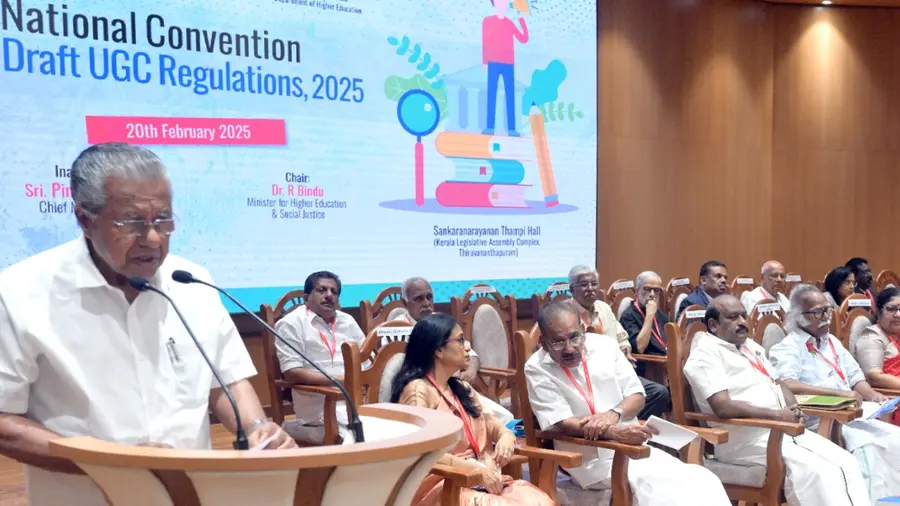
Thiruvananthapuram: Today, in a decisive move against the centralisation of higher education governance, Kerala has spearheaded a national convention to challenge the Union Government's Draft UGC Regulations, 2025. The convention, organised by the State Higher Education Department, took place at the Shankaranarayanan Thampi Hall in the Legislative Assembly, drawing strong criticism of the draft regulations.
The event was attended by Higher Education Ministers or their representatives from Karnataka, Tamil Nadu, Telangana, and Kerala, along with leaders of various political parties and professionals from multiple states. They deliberated on the far-reaching implications of the new regulations, released by Union Minister for Education Dharmendra Pradhan on January 6, 2025. Participants unanimously voiced concerns that the proposed rules curtail the role of state governments in appointing Vice-Chancellors (VCs) and pave the way for commercialisation and political interference in the higher education sector, further weakening state governments power in university governance.
Draft Regulations Attack Federalism: CM Pinarayi Vijayan
In his inaugural address, Kerala Chief Minister Pinarayi Vijayan strongly criticised the Draft Regulations on university governance, warning that they pose a severe threat to the federal structure of the country. "The Draft Regulations do not envisage any role for state governments in the appointment of Vice-Chancellors of public universities established under State Acts. This impinges on the legitimate rights of the states in a federal setup," he said.
He explained that the new rules vest all powers in the Chancellor, typically the Governor, by removing the state higher education departments' role in constituting the search-cum-selection committee for VC appointments. "If the Chancellor can appoint anyone from a panel, the appointment will undoubtedly be at the behest of the political powers that appointed the Governor. This is against the basic federal principles enshrined in the Constitution," he pointed out.
The Chief Minister also criticised the proposal to allow non-academics with ten years of experience in industries, public administration, or policy to be appointed as VCs. "This provision can be misused to replace academics with political appointees, as seen in institutions like the Pune Film Institute and the Indian Council of Historical Research (ICHR).
Pinarayi Vijayan further highlighted the dilution of academic standards under the Draft Regulations. "The removal of the Academic Performance Indicator (API) system, the introduction of arbitrary promotion criteria like external fundraising and community service, and the scrapping of the requirement for publications in CARE-listed journals will demoralize the teaching community and degrade the quality of education. Similarly, the appointment process for Assistant Professors, which removes the requirement of a basic degree in the core subject, will be detrimental to the country’s higher education sector," he said.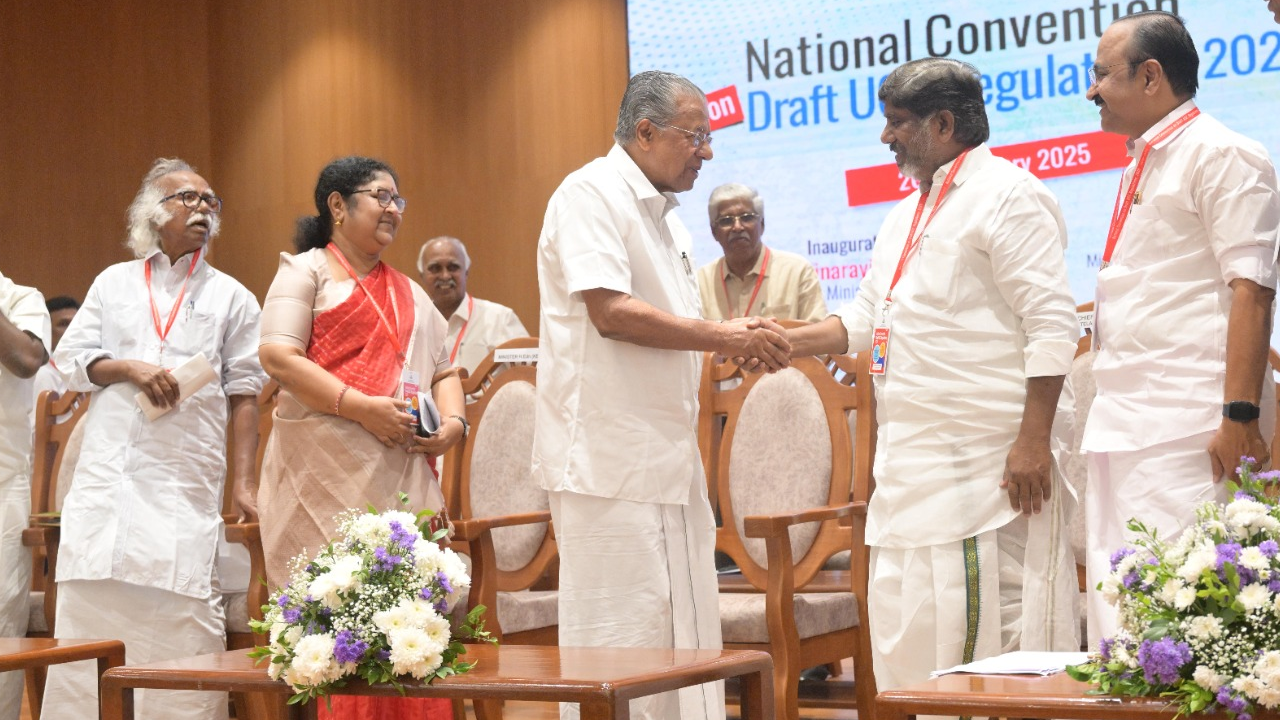
States’ Financial Contributions Ignored
CM Pinarayi Vijayan underscored that state governments fund nearly 80 per cent of the expenses for running universities and higher education institutions. "Last year, the Government of Kerala spent Rs. 1,824 crore on universities under the Higher Education Department alone. In total, more than Rs. 3,000 crore was spent on higher education, with an allocation of over Rs. 5,200 crore for the next financial year," he said.
"This attempt to centralise control over higher education is not an isolated incident. Over the years, the Union Government has repeatedly encroached upon the states' powers in various sectors, including agriculture, education, power, and cooperation. The formation of a Ministry for Cooperation at the Centre is another example of such overreach. The greatest blow to India's federal structure comes from the Union eating into the states' financial resources. In opposition- ruled states, Chancellors have been acting at the behest of their political masters, sidelining the interests and statutes of the states.
"The appointment of Vice-Chancellors from outside academia, including from the private sector, is a step toward the commercialisation of higher education. The draft regulations represent a broader effort to undermine democratic values in education and place the sector under the control of forces promoting religious and communal ideologies. At a time when nations are investing heavily in knowledge and innovation, the Union Government is spending money on establishing myths as facts and beliefs as science," he said.
A Fight for Autonomy: Minister Dr. R. Bindu
Presiding over the convention, Higher Education Minister Dr. R. Bindu reiterated the state’s commitment to protecting the autonomy of higher education institutions."This convention is part of an effort to safeguard the freedom and autonomy of states in higher education. The UGC has moved away from its original purpose of providing grants and guidelines and has now become a surrogate system of power. Its authoritarian stance is evident in the punitive clauses of the draft regulations, which threaten universities with debarment from offering degree programs, participation in UGC schemes, and offering Open and Distance Learning (ODL) programs if they do not comply. The draft regulations are not just an attack on higher education but an attempt to relegate it into the clutches of those spreading regressive ideas," she said.
Universities Must Flourish with Diverse Ideas: Prof. Prabhat Patnaik
Economist Prof. Prabhat Patnaik, who chaired a five -member committee appointed by the Kerala government to study the Draft Regulations, delivered the keynote address. He described the regulations as an attempt by the central government to "take over the entire structure of universities."
"State governments provide most of the funds required for the functioning of universities. Yet, the new regulations cut off the rights of states to choose who should be the Vice-Chancellor. Appointing someone from outside academia is absolutely destructive," he said.
Patnaik emphasized that universities must be spaces where diverse ideas flourish. "If you silence even one idea, you are killing the entire university. That is why we oppose these new implementations," he asserted.
A Call for a United Stand
The discussions underscored the urgent need for a united front to safeguard the rights of state governments and universities against increasing central authority. The convention culminated in a series of key resolutions demanding the immediate withdrawal of the draft regulations and calling for greater collaboration between the UGC and state authorities.



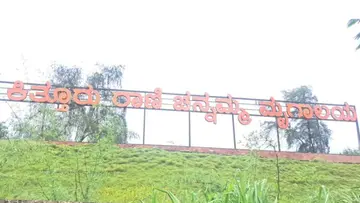



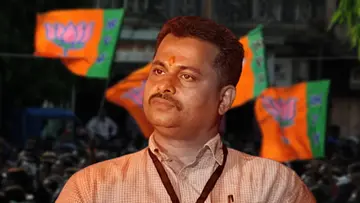
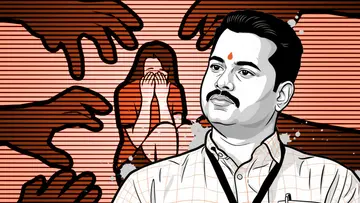

0 comments